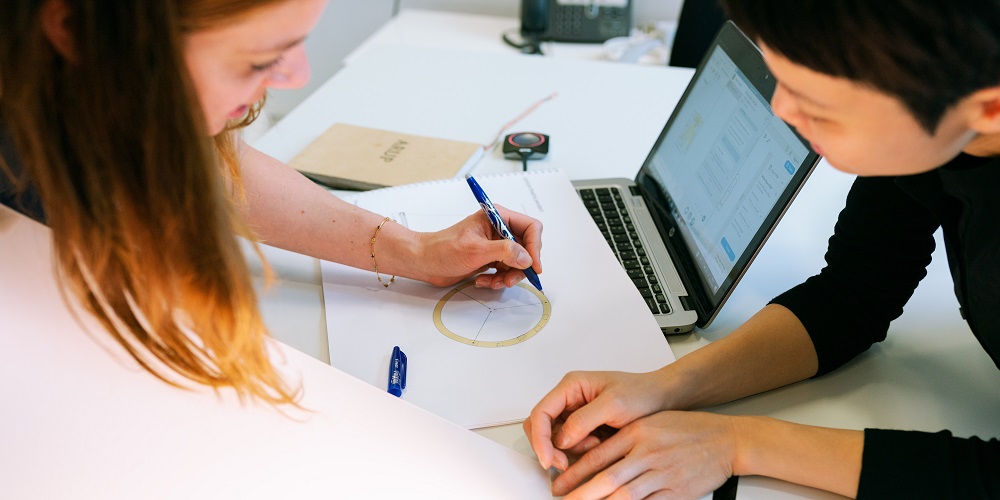
Paris, France, 15 June 2020
Statement by the ISC’s Committee for Freedom and Responsibility in Science – promoting and addressing freedom and responsibility of science issues at the global level.
The vision of the International Science Council (ISC) is of science as a global public good. The COVID-19 pandemic highlights the importance of this conviction. Scientific knowledge is crucial to dealing effectively with SARS-CoV-2. The natural sciences will help us understand how it works and how it can be combated; the social sciences will enable us to evaluate its social impact; and interdisciplinary approaches will be an essential component of counter-measures to it as well as of efforts to arrive at effective models, solutions and insights in the context of pandemics.
The ISC applauds the unprecedented response to the pandemic by the global scientific community. The virus does not respect political or geographical borders and the scientific community almost immediately responded with an approach that recognized the problem as a global one. The sharing of data and knowledge across research teams, institutions and countries has been laudable, as have the number of research groups that have quickly pivoted their attention to the pandemic. Scores of academic journals have committed to making their research on COVID-19 freely available for the duration of the outbreak. We hope that best practices emerging from this response will be used as models for global threats, now and in the future.
Across various news and social media platforms there has been a deluge of information on the COVID-19 pandemic. Some of this is based on good scientific practice, but a significant proportion falls under the heading of misinformation, based on weak or no evidence, or deliberately misleading. Such misinformation is often interwoven with scientifically credible and accurate information, thus rendering it all the more difficult to identify trustworthy and reliable sources. These developments emphasize the importance of continuing engagement by the scientific community, which in so doing must maintain complete transparency and be explicit about both evidence-based information and potential shortcomings.
The pandemic highlights many important ethical issues. The right to scientific freedom is paired with the responsibility to ensure that research promotes the common good. The Principle of Freedom and Responsibility in Science, enshrined in the ISC’s Statutes, requires researchers and institutions at all levels to conduct and communicate their research with ‘integrity, respect, fairness, trustworthiness, and transparency, recognizing its benefits and possible harms.’ To this end we highlight some ethical responsibilities of science as it deals with this grave global threat.
Good science is absolutely essential to an effective response to the COVID-19 pandemic and other global threats. For it to be truly effective, scientists must have the right to scientific freedom but also pursue their research in an ethical and socially responsible manner.
Read more on the ISC’s commitment to protect scientific freedoms enshrined in the Declaration of Human Rights and our work in advocate for these responsibilities. The Principle of Freedom and Responsibility in Science is enshrined in ISC Statute 7.
Photo by RAEng on Unsplash